In the early fourteenth century, shortly after being exiled from Florence, Dante Alighieri devised a journey through the nine circles of hell in his epic poem “Inferno.” Hozier has retraced Dante’s steps with his eclectic third album, “Unreal Unearth,” which dropped August 18, 2023. The LP, which is composed of 16 tracks, takes us on a journey, not only through the nine circles of hell but into a post-pandemic world and through some of Hozier’s personal heartbreak and loss. Still, the album offers us a journey that follows a glimmer of hope, much like Dante’s work.
While Hozier’s latest album is not strictly tied to Dante’s work, its songs are organized by themes that correspond to each circle of hell described in the “Inferno.” In an interview for Apple Music, Hozier stated that he wanted the album, which was written during the lockdown resulting from the recent Covid-19 pandemic, to acknowledge the event, which has undeniably altered our world. He compared the past three years to a journey, much like Dante’s, in which he descends into and navigates an unknown and, at times, terrifying realm before ascending and seeing the sky again for the first time.
While most of the songs on the LP do not directly reference Dante’s “Inferno,” there are a few exceptions. “Francesca” is a rock ballad that directly references Canto 5, in which two historical characters, Francesca Da Rimini and her lover Paolo, are swept up in a hurricane within the second circle of hell reserved for lustful sinners. The music video is simple yet dynamic as Hozier and his band perform in a grungy, shadow-filled warehouse as a storm rages outside. In his song, Hozier expands upon the couples’ story, giving voice to silent Paolo, imagining a love so compelling that given the choice, these tragic lovers would choose this fate over and over again, evident in his powerfully asserted lyric “I’d tell them, put me back in it.”
In “Inferno” Dante finds the two lovers’ souls enduring the battering of their eternal punishment together. Dante’s Francesca sorrowfully recounts the lovers’ fate, “Love led the two of us unto one death.” A story that has roots in reality; Francesca Da Rimini was an Italian noblewoman from the thirteenth century who was subjected to a political marriage at a young age. Her affair with her brother-in-law resulted in their murder at the hands of her husband. The centuries-old tragedy lends a profound sense of passion and loss to Hozier’s own heartbreaking lyrics. Yet, within this romantic tragedy, Hozier sings of a love that is well worth the punishment in the track’s final lines, “Heaven is not fit to house a love like you and I.”
The album’s tracks vary widely in their sound and content, “De Selby Pt. 2” has a funky upbeat sound, which makes for an oddly fitting soundtrack to the music video, which depicts a man caught up in a cyclical punishment in which he is doomed to repeat his own murder and the burying of his body. “All Things End” includes a Christian gospel in the track’s outro, and while bluesy undertones and gospel influences are not new for Hozier, who often voices his appreciation for the black musicians who have largely inspired his music, this album certainly has strong ties to his Irish roots as well. His accent is clearly audible in many of his vocals throughout “Unreal Unearth” and Gaeilge (Irish) language is featured in 3 of the album’s tracks.
“De Selby part 1” boasts a twelve-line outro in Gaeilge. The song is a gentle acoustic with dark imagery reminiscent of Dante’s first steps into the infamous dark wood, which is the beginning of his journey through the nine circles of hell. With the title, Hozier references a novel by Irish author Flann O’Brien, “The Third Policeman.” The unnamed narrator, who turns out to be in a sort of hellscape of his own, becomes a scholar of the fictional philosopher De Selby. In a video on Hozier’s YouTube account, he explains his aim with the opening song to reflect upon darkness and the freedom that comes from being lost within it, in a way that he felt was reminiscent of the philosophies of O’Brien’s character.
Hozier continues his employment of Gaeilge with the single word “Uiscefhuaraithe,” which is in the song’s title. The lyrics define the Irish word as “the feel of coldness only water brings.” While only one Irish word is used in these lyrics, the song is a bittersweet depiction of a fleeting relationship between two people from different backgrounds and is linked to the singer’s experience with the colder climate of his native Ireland.
Most strongly connected to the violence of Ireland’s history, and in fact, the song that falls into the sixth circle of hell is aptly titled “Butchered Tongue.” In the circle of hell dedicated to those sinners guilty of violence, Dante witnesses a punishing and treacherous landscape with boiling rivers of blood, whose sinners are described in the poem, “These are the tyrants who plunged their hands in blood and plundering.” Hozier’s lyrics in “Butchered Tongue ” take us on a more pleasant journey, in which the narrator has been fortunate to experience various foreign languages along his travels, while his own country has struggled to preserve their native language due to Britain’s colonization of their land. He revisits a dark and violent history of Ireland at the hands of British forces with his lyrics, “The ears were chopped from young men if the pitch cap didn’t kill them.” The song at once depicts the butchering of the Irish people and their language while offering hope in the closing lyric, “A butchered tongue still singin’ here above the ground.” It gives those who have fought to preserve the endangered language hope, knowing that the language has survived through various avenues, including music like that in “Unreal Unearth.”
Hozier continues his pattern of not only including strong literary references throughout his music but also incorporating strong political undercurrents in his songwriting. One of the more popular singles released ahead of the full LP is “Eat Your Young,” which makes a bold statement about the state of the world that future generations are set up to inherit. The lyrics undoubtedly possess a sexual undertone, along with more literal imagery of food, which lend themselves to the third circle of hell reserved for gluttony. For those willing to peel back the layers, it is easy to see the statements directed at the world as a whole, or at least towards the older generations who have benefited most from the exploitation of the earth itself and of its more vulnerable inhabitants. The lyrics, “Skinin’ the children for a war drum. Puttin’ food on the table selling bombs and guns” conjures up images of a world ravaged by war and corporate greed, a bleak depiction of the future of our youth.
While “Unreal Unearth” has taken us through some hellish themes there is a proverbial “light at the end of the tunnel” with Hozier’s music as well. Like all of his more politically dense songs, there is an air of hope when all is said and done. The album has a running time of just over one hour, concluding with the track “First Light,” which leads with a nearly whimsical choral intro and is exceptionally bright from the very beginning. With lyrics like, “The sky set to burst, the gold and the rust, the color erupts, you filling my cup” it feels like coming alive again after enduring a descent through the nine circles of hell, and is very much meant to represent Dante’s ascent. Hozier elevates us not only from Dante’s hell but from our collective journey through the past three years, as this album is just as much a nod to the recent pandemic as it is to the medieval poem. We are not simply given blind hope and told we can now breathe easy. Yes, we have made it through, but we are all changed. As Hozier sings in his closing track: “But after this, I’m never gonna be the same, and I am never going back again.”


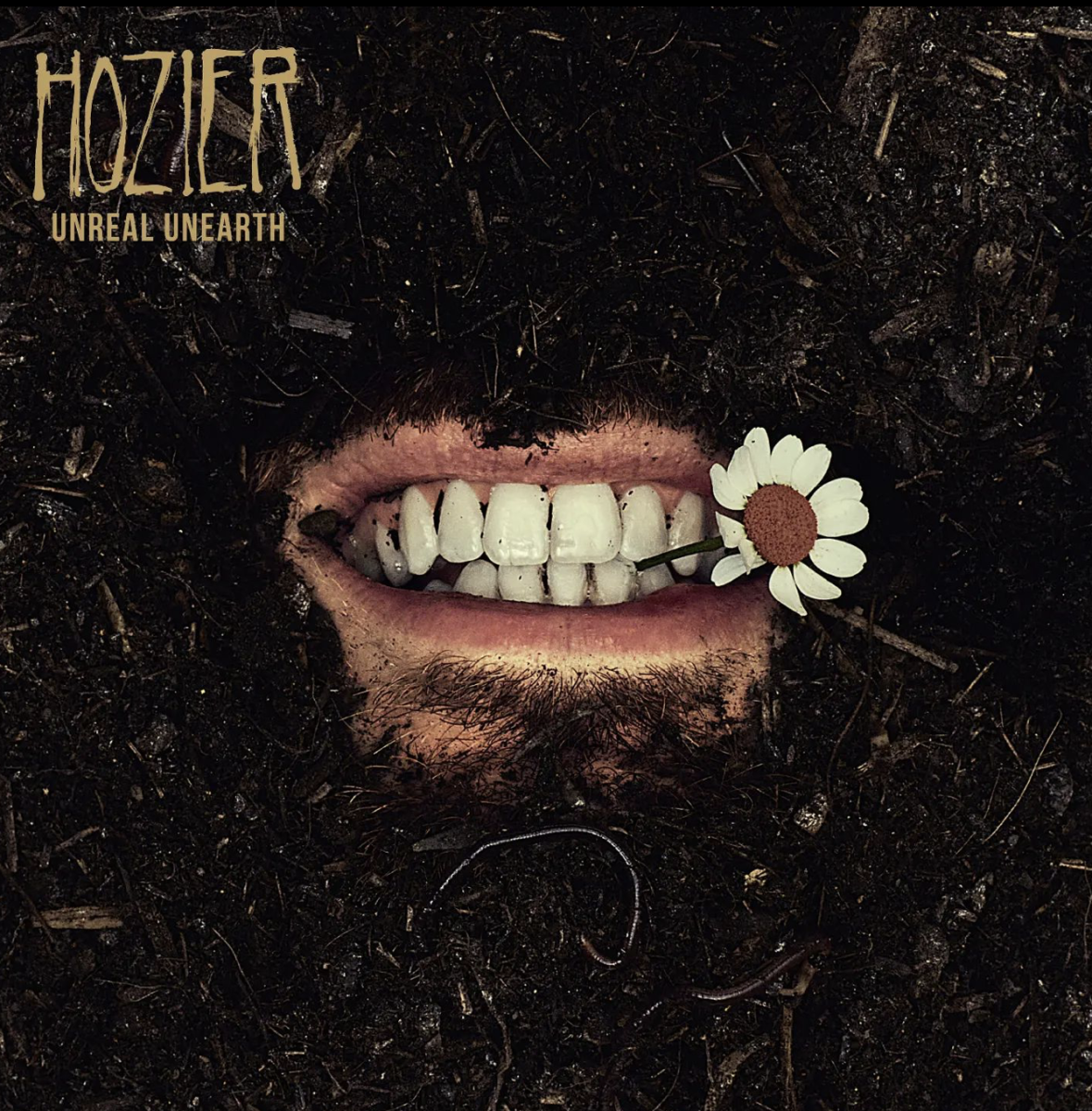
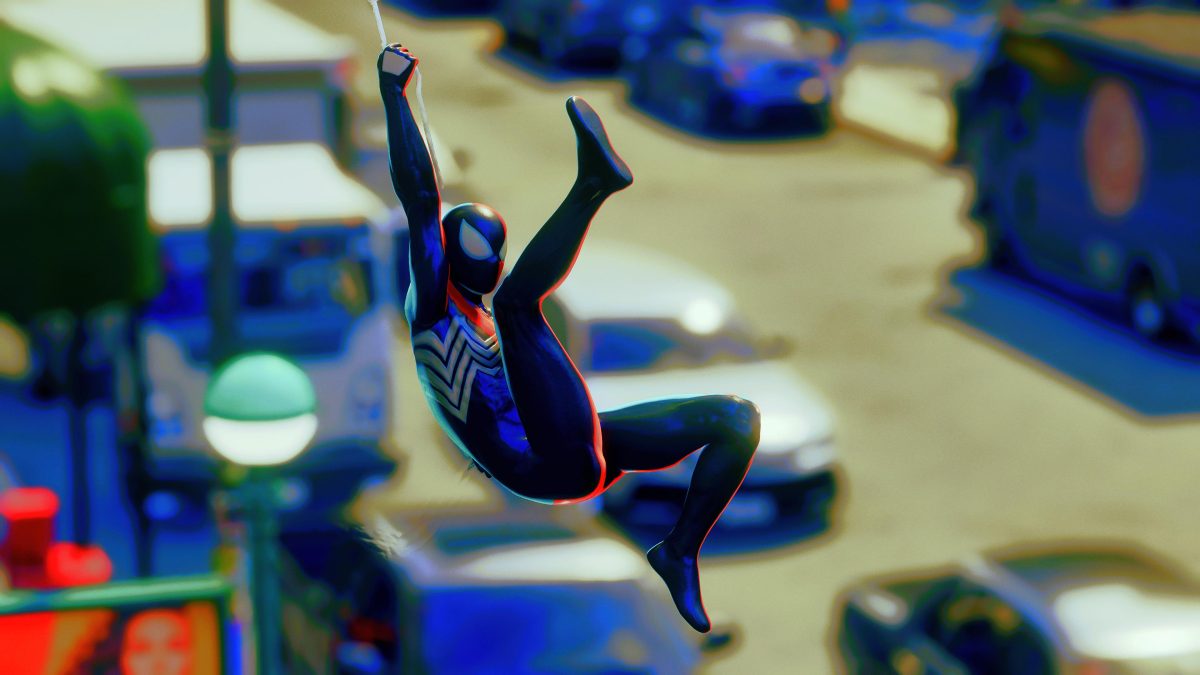
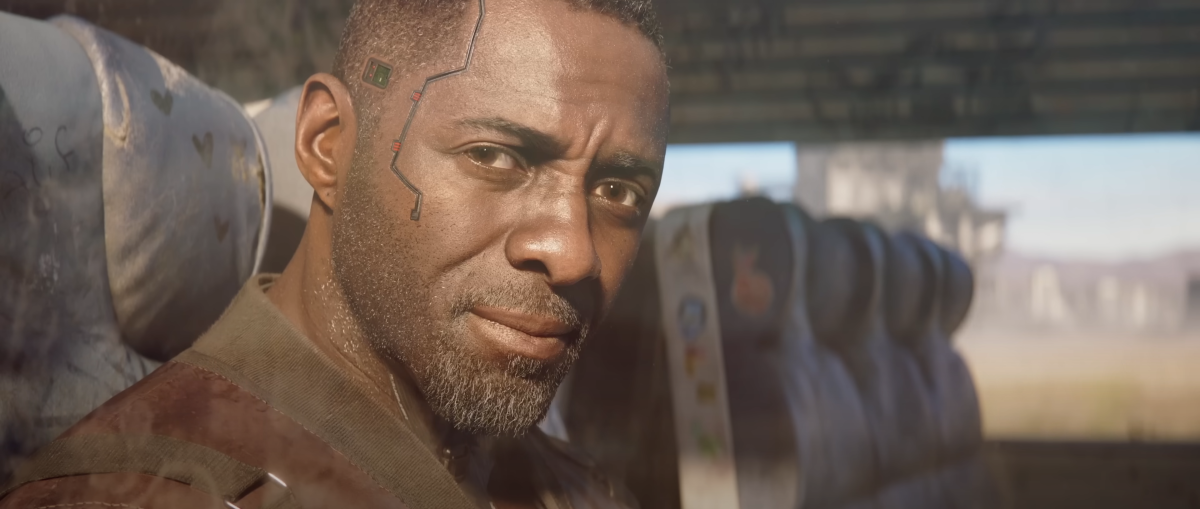



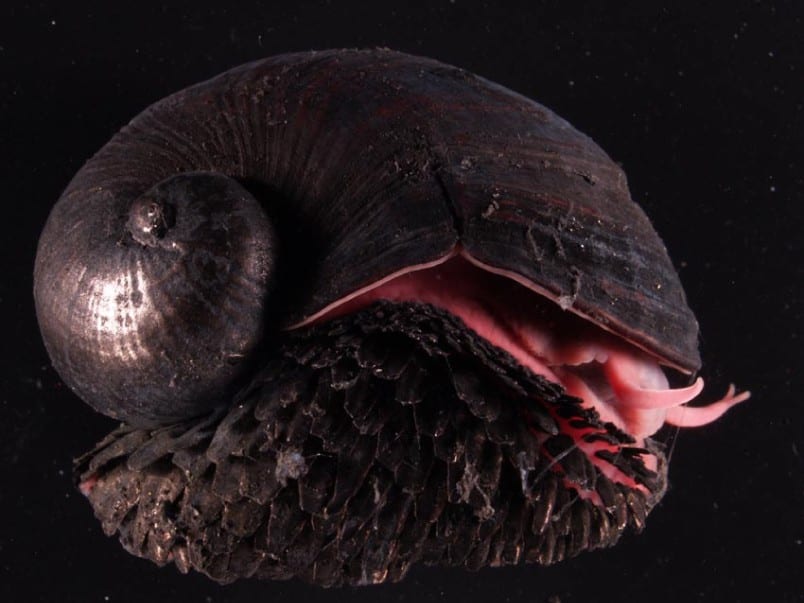

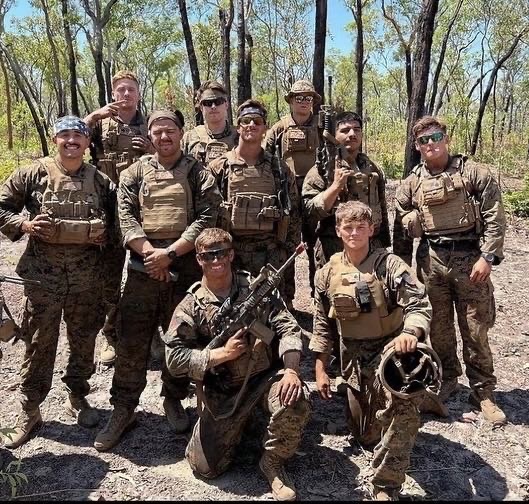






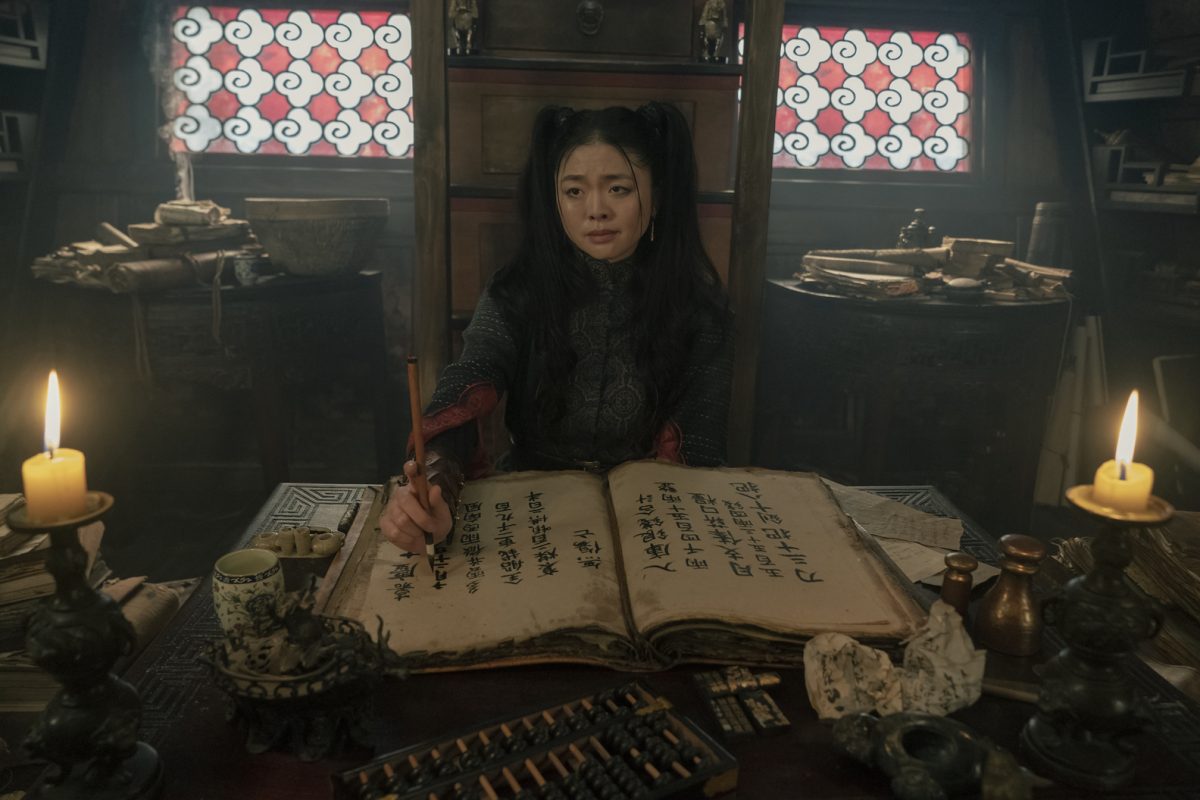
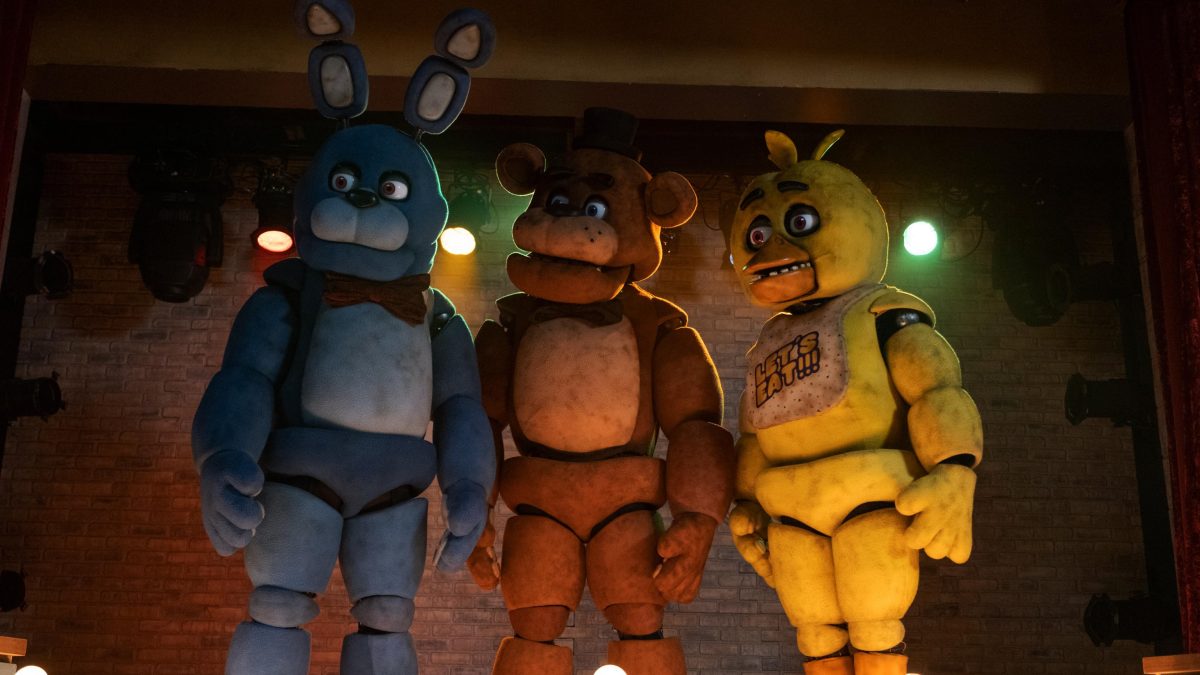


Paula • Sep 27, 2023 at 5:32 am
Great article!